In this modern age in gaming where graphics have never been closer to imitating reality, and the higher-end games in the industry have budgets in the range of several hundred-million dollars, why is there still such a strong audience for the genre of 2D Point-and-Click Adventure Games? What keeps such a simple kind of game relevant among it’s bigger-budgeted and more mechanically complex peers?
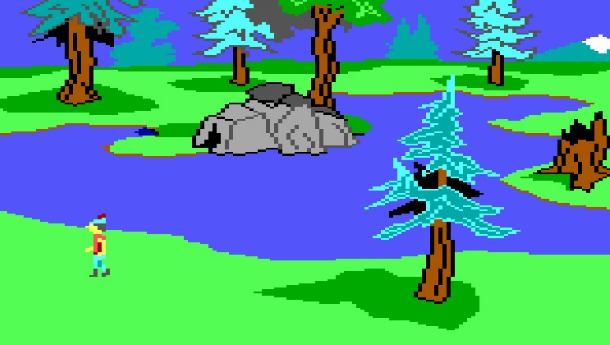
Really old and possibly outdated example, but the point still stands.
There are a few likely reasons for this.
It may be due in part to the methodical nature of the genre. The average point-and-click adventure game is somewhat slowly-paced, but usually not from a lack of understanding of how to space out their gameplay or tell their story. More often than not, it’s done in order to take advantage of the benefit that this genre has over most other genres in gaming; Problem-solving based solely in critical thinking.
While there are games and series of point-and-clicks that have fail states and manners in which you can die in time-sensitive situations (Most games by Telltale and the original King’s Quest games spring to mind), an advantage had with the puzzle-centric gameplay of point-and-click adventures allows for game design based around creative thinking, wherein violence is the answer much less often than in most other games, and often the hardest option.
One of the most satisfying feelings a gamer can achieve in any game is the feeling of figuring out a really savagely mind-twisting puzzle (even better without a walkthrough), and allowing themselves to feel like they overcame an intellectual challenge, and that’s what point-and-clicks are all about at their core. It is true that figuring out which item to use on what other item, or character, can be a tedious task if it takes too long or isn’t very obvious to the user, but in those moments when they think hard and get the right answer on the first try, it makes them feel like a genius.
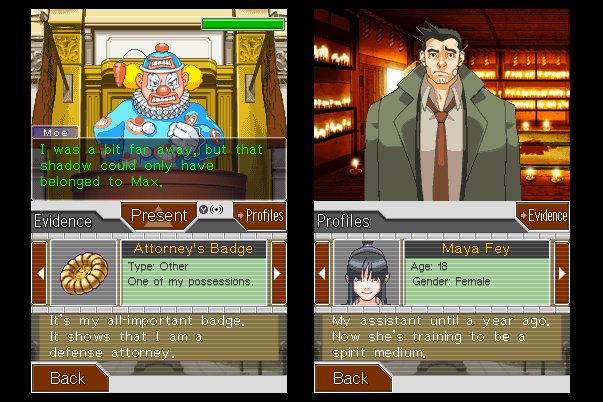
Going through conversations both in and out of the courtroom in Ace Attorney looking for the perfect evidence to solve the problem at hand. Always a treat!
It’s also a genre that doesn’t shy away from storytelling
Being games that aren’t known for their fast-paced gameplay, and that can’t reliably create frenetic action or intense conflict to be involved in, point-and-click games tend to live or die on two things: their puzzles and their writing.
When a point-and-click player isn’t solving a puzzle they’re talking with other characters, clicking on objects in the background in order to search for new items and flavor text, and just generally doing a lot of reading or listening. This fact must have been a revelation that many developers of point-and-click games (especially golden-age LucasArts) had early on in the heyday of this genre, as nearly all of the point-and-clicks that are the most fondly remembered are the ones that are agreed to be well-written.
Games like Day of the Tentacle, The Secret of Monkey Island, and Grim Fandango (and other examples that don’t involve Tim Schafer) all house beloved characters and intricate plot-lines, which become the most praised aspects of the games. Tales like that of Guybrush Threepwood overcoming adversity in Monkey Island or Lee doing his best to survive in Walking Dead are stories with gripping narratives that stick with most players longer than the plot of the average mainstream gaming experience.
Not to mention, because this genre built itself on MacGyver-esque makeshift problem solving that relied on a train-of-logic unique to each individual developer, which could get kinda crazy — point-and-clicks aren’t afraid to be strange most of the time. It’s a genre with a library loaded with experimental and difficult to imitate titles.
This may also be why it’s a genre with so many silly classics.
A lot of the most fondly remembered point-and-click games are those that have comedic plots and characters. Again this is not always the case, such as with The Walking Dead, but games like Grim Fandango, Strong Bad’s Cool Game for Attractive People, and the Broken Sword series are all most often remembered for their quirkiness and comedy.
This is part of the reason that many laugh, rather than roll their eyes at instances of the famed “adventure game logic” at work in games like these. An instance that exemplifies this exists in Strong Bad’s Cool Game for Attractive People where the player has to pour a tub of melted butter into a fog machine in order to season some flying bats and get a guitarist to eat them.
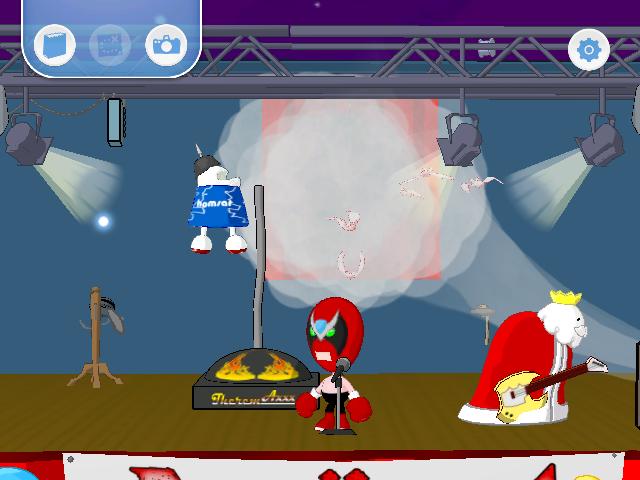
Yes, really.
In a situation like this one some people may be irritated or annoyed, thinking to themselves “How was I supposed to think of that?” However, many others will be laughing at the ridiculousness of the situation, and perhaps even applauding the game for forcing the player to think outside the box to that level; Maybe even feeling grateful that they got the chance to do something so outlandish in a video game.
The video games industry as a whole has been working towards realistic graphics and conflicts in games for years, and most AAA titles are adult-oriented with a typically serious tones. With Point-and click adventure games it’s nice to know there’s a genre whose bread-and-butter is surprising and joking around with the player’s expectations nine times out of ten.
Overall, point-and-click adventures are the kind of game people like to play when they just wanna kick back and think for a while. They aren’t for everybody, and strong writing can only carry a game so much, but as an alternative to the usual sorts of games that pop up these days, it’s good to know there’s a genre on standby to make you laugh and use your brain.

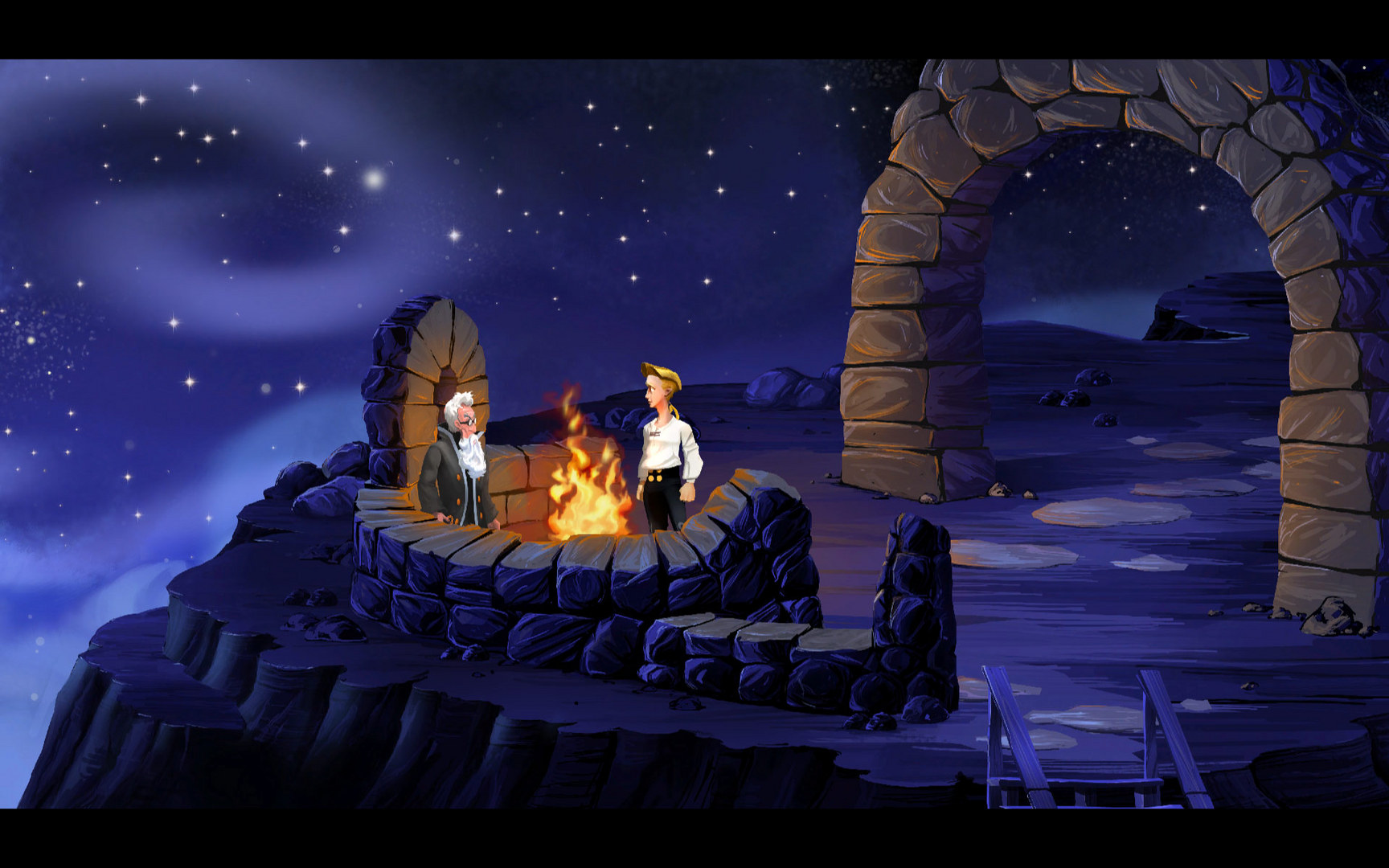
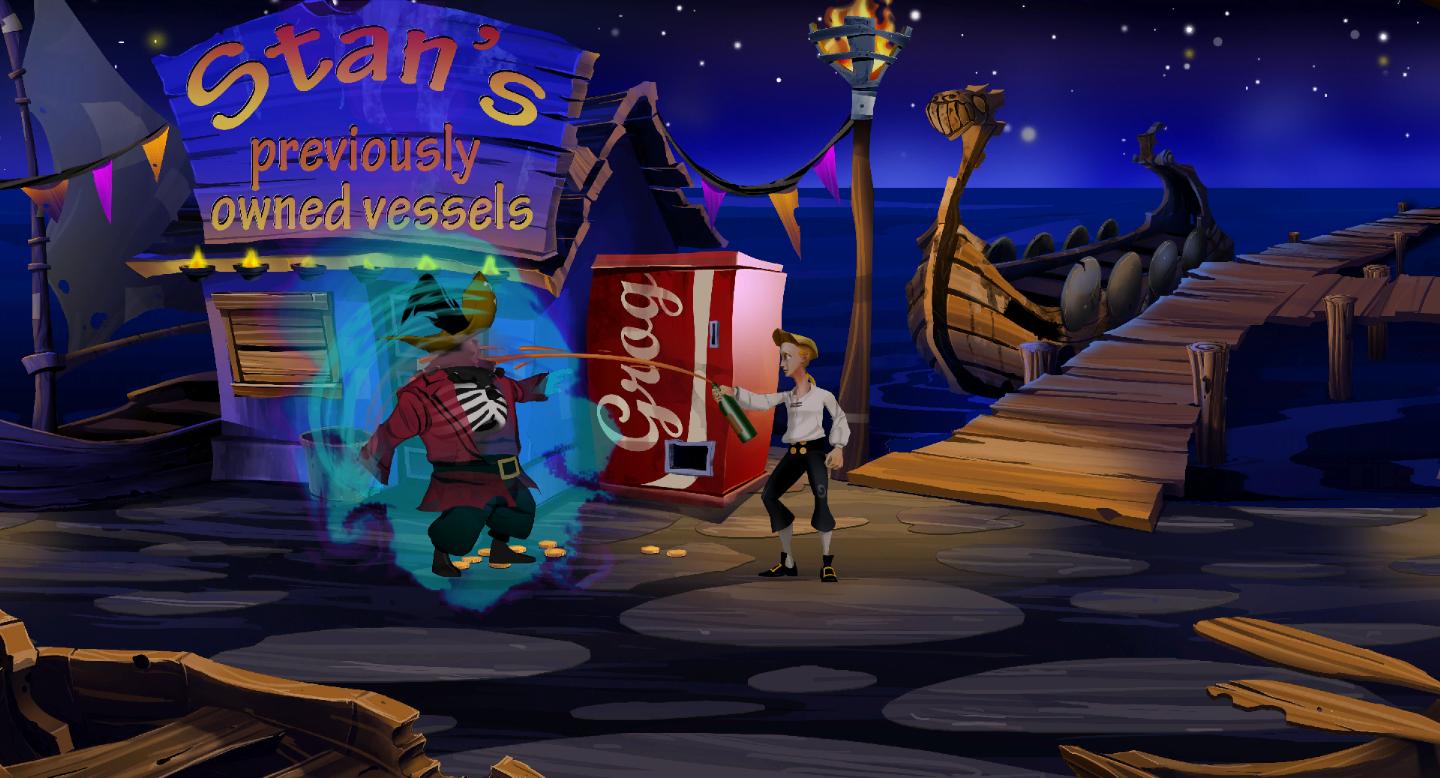





Published: Aug 28, 2016 01:34 pm